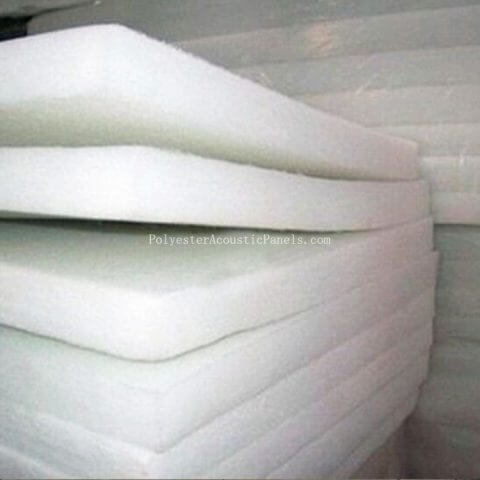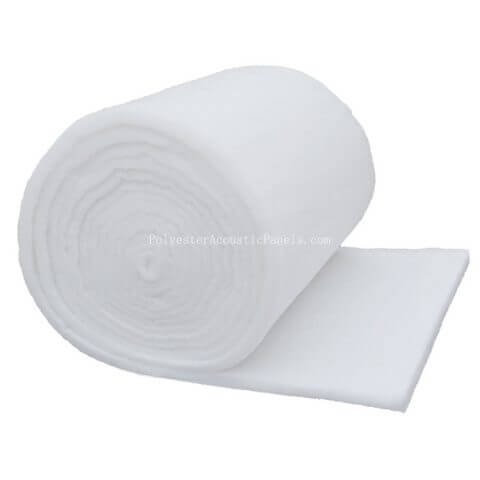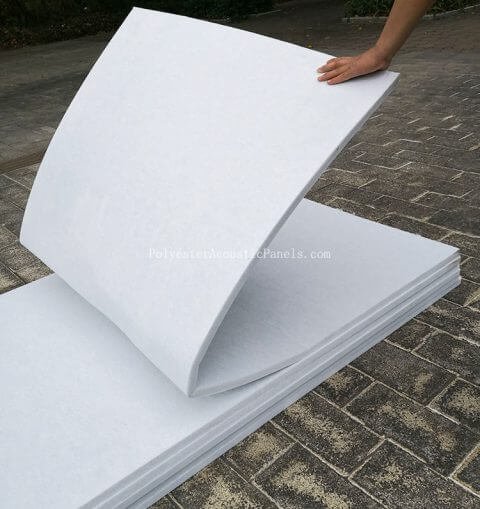I. Introduction
In today’s fast-paced world where noise pollution is a growing problem, soundproofing has become essential in various settings. Be it residential homes, offices, or entertainment venues; providing an atmosphere free from distraction and creating peace and serenity is of immense value – soundproof wool has proven an effective solution that has gained momentum over time.
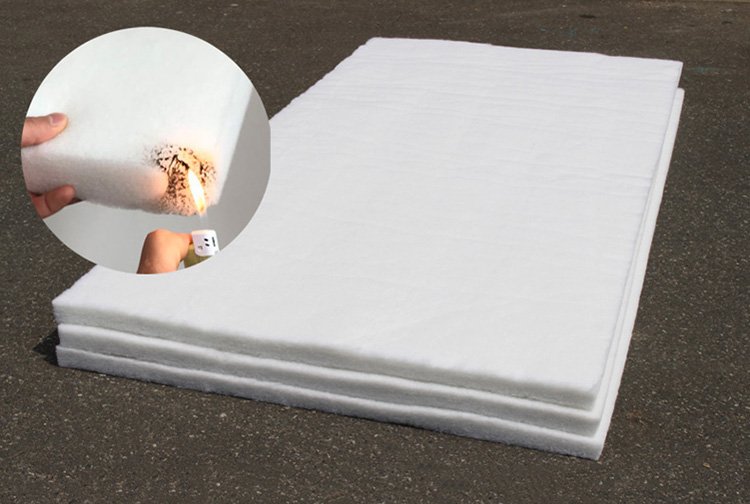
II. Wool Polyester: An Eco-Friendly Insulation Option
Wool polyester, as its name suggests, is a unique combination of short and long polyester wool fibers that brings together all the advantages of each material to produce an effective sound insulation solution. Comparing wool polyester insulation materials, its eco-friendliness is immediately noticeable.
Eco wool insulation stands up well when compared to other materials for sound insulation performance, especially its unique combination of wool and polyester fibers, which provide efficient sound absorption to create quieter and more relaxing environments. In comparison, traditional insulation materials, like fiberglass, may not offer equal acoustic performance.

III. Understanding Wool Sound Insulation
Wool soundproofing refers to the ability of wool fibers to reduce and control sound waves effectively. While traditional insulation materials typically focus on thermal insulation, wool sound insulation specializes in noise reduction by absorbing and dampening sound waves before they travel through walls, floors or ceilings.
How Wool Fibbers Absorb and Dampen Sound Waves
Wool fibers’ unique structure makes them superior at sound absorption. When sound waves encounter wool, they penetrate its fibers and get trapped within its material, with microscopic scales on its surface creating friction to convert sound energy to heat energy and reduce sound intensity and reverberation for an altogether quieter and controlled environment. This process, known as sound absorption, results in quieter surroundings with reduced intensity and reverberation levels resulting in quieter living conditions.
Wool fibers feature natural crimp and elasticity which add to their sound-dampening capabilities, helping trap and dissipate sound energy without it rebounding back to create echos or noise reflections.
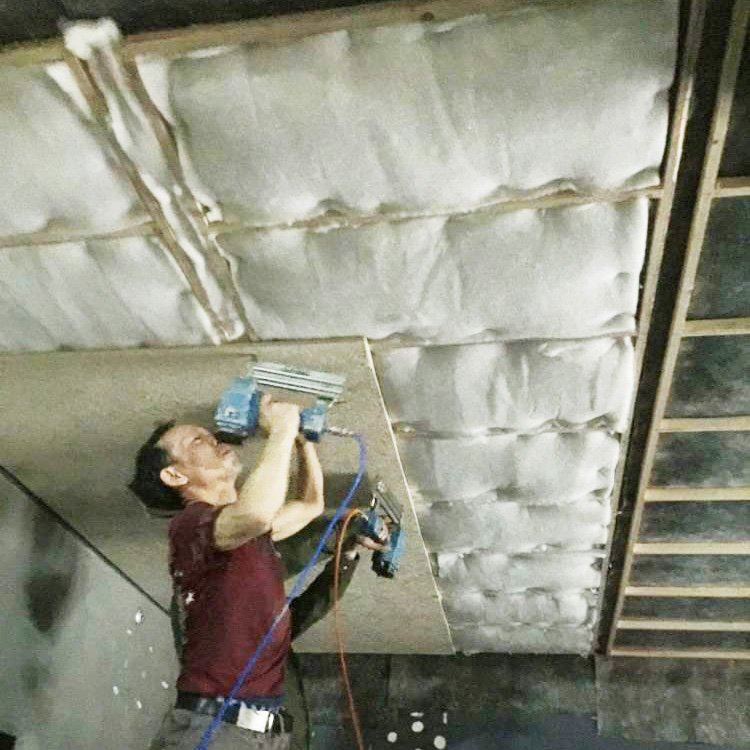
Applications and Advantages of Wool Sound Insulation in Different Environments
Wool sound insulation can be found in various environments, from residential buildings to commercial spaces and even industrial environments. Here are a few noteworthy advantages and applications of this form of soundproofing material:
Residential Spaces
Polyester soundproof batts can create an enjoyable living environment in homes by installing it into walls, floors and ceilings to minimize noise transmission between rooms while at the same time increasing privacy by blocking outside sources such as traffic or neighbors.
Commercial Buildings
Offices, conference rooms and co-working spaces can benefit greatly from wool sound insulation. It helps create an efficient and productive work environment by reducing noise distractions and improving speech clarity – as well as increase concentration, communication and employee well-being.
Entertainment Venues
Theaters, cinemas, and music studios rely heavily on high-quality soundproofing solutions such as wool sound insulation to absorb and control sound in these spaces – providing optimal acoustics while minimising leakage for optimal performances or recordings. It ensures optimal quality sound that does not interfere with other events such as performances or recordings from taking place elsewhere in the space.
Educational Institutions
Schools, universities and libraries can use wool sound insulation to create quiet study areas, reduce noise pollution in classrooms and foster an atmosphere conducive to learning.
Polyester soundproof wool has long been recognized for its ability to improve acoustic performance in various spaces. We will explore soundproof wool further enhance acoustic insulation in this section.
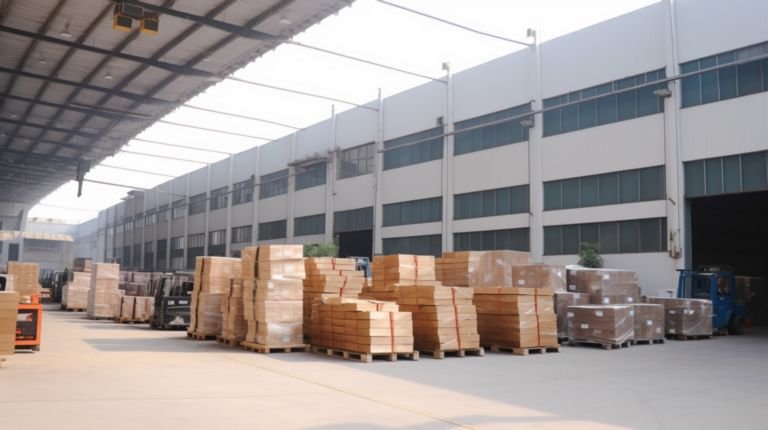
IV. Polyester and Wool: An Effective Partnership
Integrating short and long polyester wool fibers produces poly wool material with increased strength and resilience, making it easier to handle during installation while providing long-term performance. Furthermore, using both these types of fibers together enables for improved control of sound waves for increased soundproofing capabilities.
Benefits and Properties of Poly Wool Fiber
Poly fiber wool has numerous advantages that make it an attractive choice for soundproofing applications, including:
- Enhanced Sound Absorption: Polyester soundproofing batts work together to maximize sound absorption capabilities, leading to more effective noise suppression and improved acoustic performance.
- Durability and Longevity: Polyester fibers provide strength and longevity to poly wool blend soundproofing materials, helping ensure their effectiveness over time. Wear and tear can be tolerated easily making this an efficient long-term solution for soundproofing needs.
- Versatility: Poly wool fiber’s versatility lies in its adaptability; it can be cut or shaped to fit specific spaces easily for customized soundproofing solutions.
Comparing Other Insulation Solutions – Glass Wool vs Polyester Insulation
Comparing polyester acoustic insulation wool to glass wool insulation options such as insulation blankets is crucial. While glass wool excels at thermal protection, poly acoustic batting excels in soundproofing applications. Poly acoustic wool has superior sound absorption properties, effectively reducing noise transmission and improving acoustic performance. Glass wool primarily serves thermal insulation needs without offering the same soundproofing benefits. Poly acoustic wool felt stands out as an eco-friendly insulation material due to the presence of wool. This eco-friendly feature provides an alternative that satisfies environmental concerns while simultaneously fulfilling insulation needs.
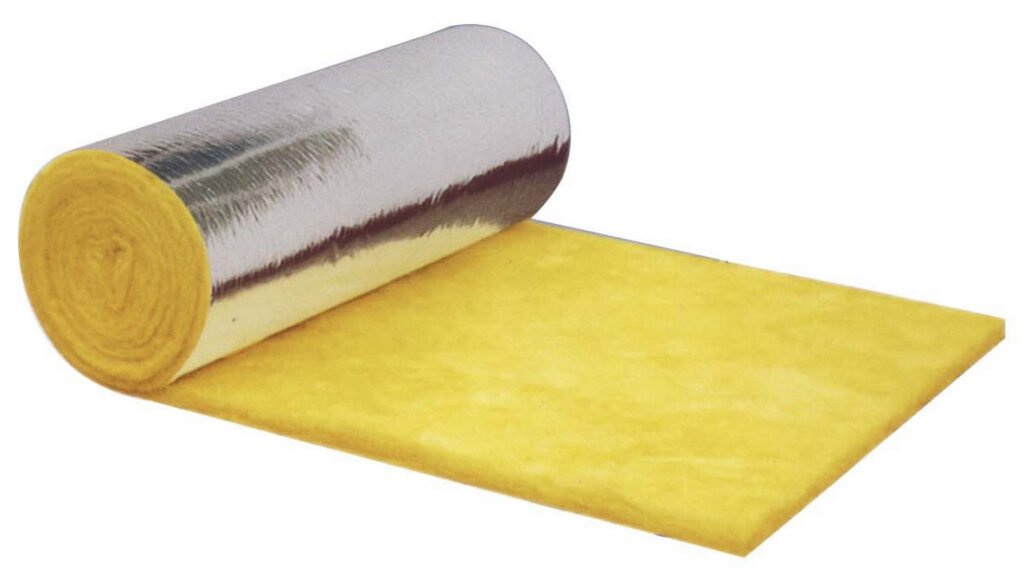
V. Polyester Insulation Vs Glass Wool Insulation: Selecting an Appropriate Choice
When selecting the ideal material for soundproofing, it’s essential to compare polyester insulation and glass wool insulation options carefully. While both offer insulation properties, there are significant variations between them and must be carefully evaluated before making a choice.
Polyester insulation combines the benefits of both polyester and wool fibers, making it superior in sound absorption and soundproofing capabilities. Comparatively, glass wool may only provide thermal insulation without as many soundproofing capabilities.
Glass wool insulation, often made of fine glass fibers, is known for its thermal insulating capabilities and is commonly used in construction to reduce heat transfer. When it comes to soundproofing however, polyester insulation often proves superior as its focus lies more specifically on noise reduction.
Factors to Keep in Mind when Selecting Soundproofing Material
When choosing the appropriate material for soundproofing, several factors should be taken into consideration:
- Soundproofing Requirements: Assess the specific soundproofing needs of the space in which you reside. Determine what level of noise reduction is necessary as well as which form of sound control (absorption or blocking).
- Environmental Considerations: Take into account the eco-friendliness of the material being chosen, with polyester insulation using renewable wool fibers being more sustainable compared to synthetic insulation materials.
- Installation and Handling: When selecting insulation material, evaluate its ease of installation and handling. Polyester insulation often offers more manageability and user-friendliness during installation than alternatives like poly wool fiber.
- Cost-Effectiveness: Evaluate the long-term costs and values associated with different insulation materials before making your selection decision. Keep an eye out for durability, performance and lifespan before making a decision.
Polyester Insulation Provides Significant Advantages over Glass Wool
Poly wool acoustic material offers several advantages over glass wool when it comes to soundproofing:
- Superior Sound Absorption: PET wool insulation offers superior sound absorption capabilities, effectively reducing noise transmission while improving acoustic performance.
- Environment-Friendly: Polyester insulation’s use of renewable wool fibers makes it more eco-friendly than some synthetic insulation materials like glass wool.
- Ease of Installation: Polyester insulation, including poly wool fiber, tends to be easier for installation projects than glass wool, making it the more cost-effective choice.
- Cost-effectiveness: Polyester sound absorbing wool can provide an economical option for soundproofing your space, offering long-term value and performance.

Sound Insulation Materials
Sound Insulation Materials Sound Cancelling Insulation Panels Absorbing Material
VI. Conclusion
In conclusion, soundproof wool products such as wool polyester and acoustic wool offer an effective and versatile solution to sound insulation needs. Combining wool with polyester fibers offers exceptional sound absorption and control properties making soundproof wool suitable for many different environments from residential spaces through commercial buildings to entertainment venues.
Knowledge of the different properties and benefits of soundproof wool products like poly wool fiber and wool felt can enable individuals and businesses to make more informed choices when selecting insulation materials, taking into account factors like soundproofing requirements, environmental impacts, ease of installation and cost-effectiveness.
Soundproof wool offers many advantages for everyday needs. From creating peaceful home environments and increasing workplace productivity to improving entertainment spaces and the acoustics in them, soundproof wool and polyester pad have an important place in everyone’s lives. Visit our website and explore a wide selection of soundproof wool products tailored specifically to you!
Remember, polyester sound proof batts can help create an environment free from noise disturbance and unwanted sounds.
